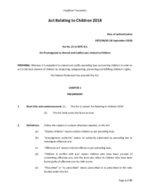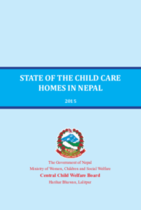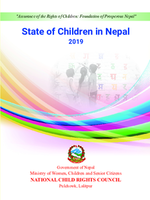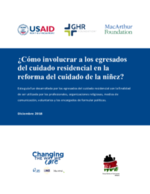Sustained effects of left-behind experience during childhood on mental health in Chinese university undergraduates
To investigate psychopathological consequences for university students who were left-behind children (LBC) and to estimate the effects of one or both parents being migrants, the duration of left-behind experience, and parental absence during critical periods of growth on psychiatric morbidity, the authors of this study conducted an annual survey of all freshmen at a Chinese university from 2014 to 2018.




